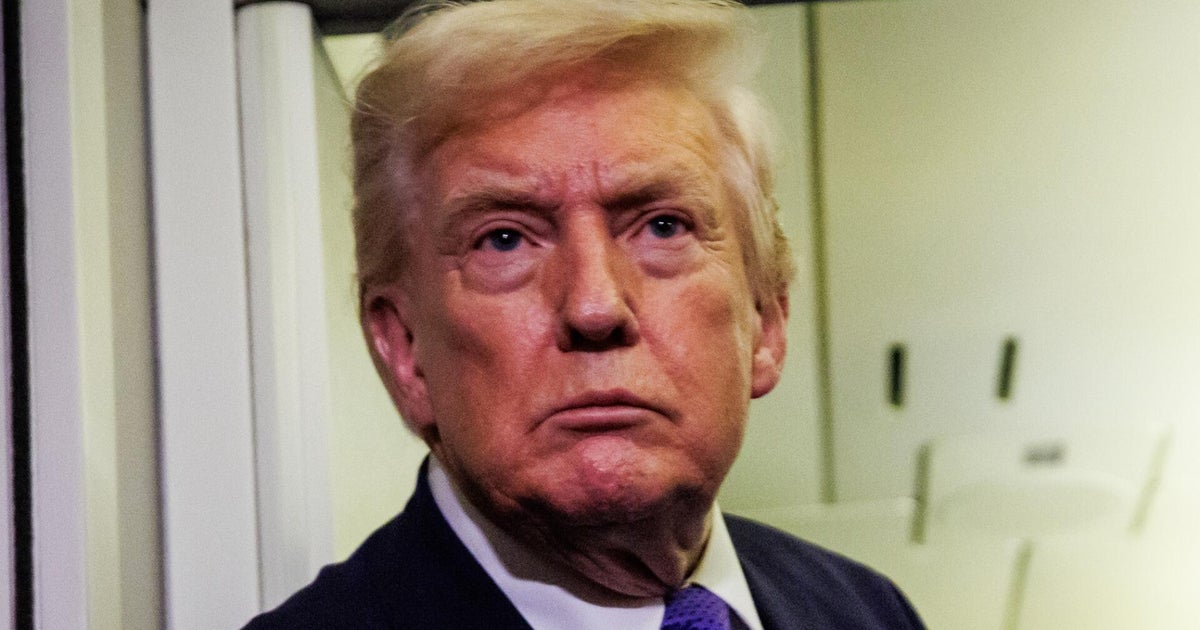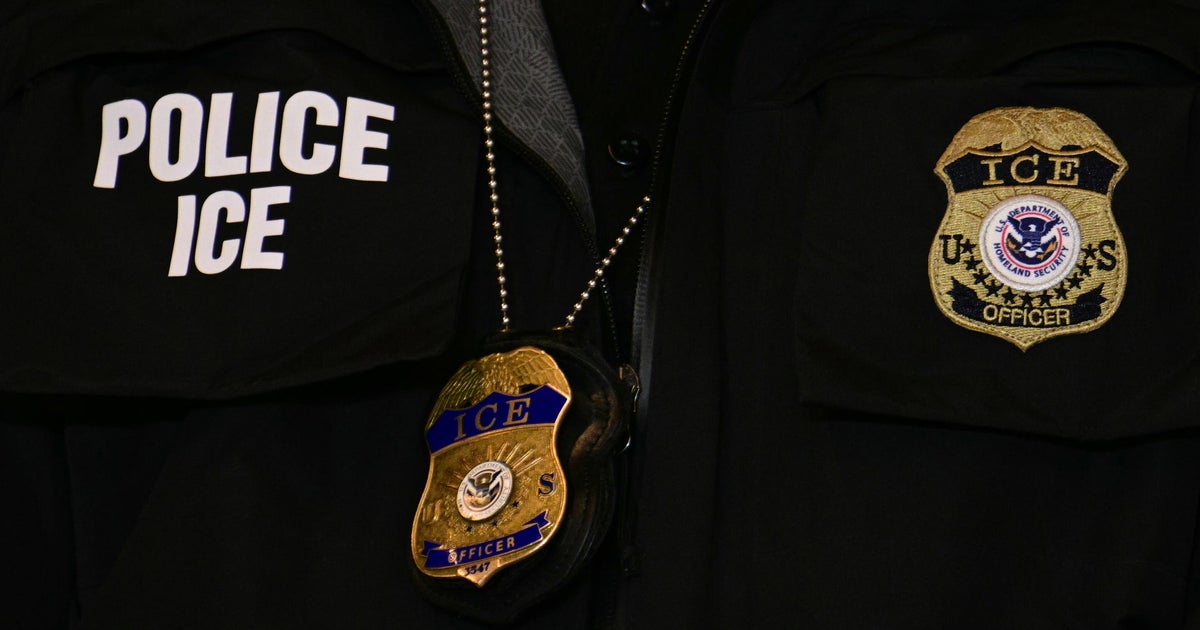Trump Takes Commanding Lead In Florida
Follow CBSMIAMI.COM: Facebook | Twitter
TALLAHASSEE (CBSMiami/NSF) - Real estate magnate Donald Trump is "crushing" his Republican opponents in the Sunshine State, according to a new poll of likely Florida voters.
The poll, released Wednesday by the Florida Atlantic University Business and Economics Polling Initiative, showed Trump drawing the support of more than 47 percent of GOP voters, giving him a 32-point lead over the next-closest candidate, U.S. Sen. Ted Cruz of Texas. The survey also gave Trump a 12 percentage-point boost from an FAU poll in September.
The new poll also showed Democrat Hillary Clinton leading U.S. Sen. Bernie Sanders by 36 percentage points and gaining in match-ups against the Republican candidates. The poll was conducted between Friday and Monday, immediately following the last two debates.
On the GOP side, U.S. Sen. Marco Rubio came in third with 11 percent, followed by former state Gov. Jeb Bush with 9.5 percent. Neurosurgeon Ben Carson's third-place position in a November poll dropped to fifth, down from 14.5 percent to 3.3 percent in the latest poll.
In the GOP primary, Cruz gained six percentage points since November, while Rubio dropped seven points. Bush essentially remained even, with a gain of less than one percentage point.
Although the presidential preference survey had a relatively high margin of error of 4.9 percentage points, Trump's lead was well outside of that.
With 70 percent of GOP voters viewing the part-time Palm Beach County resident favorably, Trump is "crushing" the opposition in Florida, said FAU political science professor Kevin Wagner.
"The mood of the electorate is very anti-establishment. That's clear. In a lot of ways, Donald Trump is probably one of the most reassuring candidates to people who are frustrated with the state of American politics," Wagner, a research fellow at the initiative that conducted the survey, said in a telephone interview.
Trump speaks about "simple solutions" and "gives a commanding sense" that he can accomplish them, Wagner said.
"There aren't a lot of details in it but, for Americans that are worried about the state of the country and the state of the world, his campaign is sort of the direct answer to that. I'll fix everything and I'll make everything the way you want it to be. That kind of message has a strong appeal," he said.
While Clinton has closed the gap with Republican frontrunners in potential match-ups, Trump and Bush would still defeat the former secretary of state if the election were held today, the poll found.
Clinton has a 5 percentage-point lead over Cruz, up from a three-point deficit in November, and is even with Rubio after trailing the former Florida House speaker by seven points two months ago. She also gained six percentage points on Trump but still trails him, with 47 percent of those surveyed saying they'd vote for Trump, compared to 44 percent for Clinton. With a 3.5 percentage-point advantage, Bush holds the largest lead over Clinton.
Florida's presidential primaries will be held March 15. Later this year, the state also will have high-stakes races for a U.S. Senate seat that Rubio plans to vacate.
The poll found that nearly half of Florida voters remain undecided in the U.S. Senate race. That survey had a margin of error of 5 percentage points for Democrats and 5.2 percentage points for Republicans.
In the Democratic primary, Congressman Alan Grayson holds a seven-point lead --- 27 to 20 percent --- over U.S. Rep. Patrick Murphy. On the Republican side, U.S. Rep. David Jolly has a 20-point lead over Lt. Gov. Carlos Lopez-Cantera and U.S. Rep. Ron DeSantis.
But 45 percent of Democrats and 50 percent of Republicans remain undecided about the race, the survey found.
Rubio's decision to leave the Senate opens the door for Democrats to possibly retake the seat. But Florida voters appear focused instead on the presidential race, Wagner said.
"The space for a Senate campaign in a presidential year is going to be very small" in Florida, Wagner said. "It's possible that the presidential race will dominate the Senate race to the extent that the winner of the presidential race will carry the senator with him into office."
The initiative polled 383 likely voters for the Democratic primary and 386 for the Republican primary. For the general-election numbers, 1,008 registered Florida voters were surveyed.
The News Service of Florida's Dara Kam contributed to this report.







